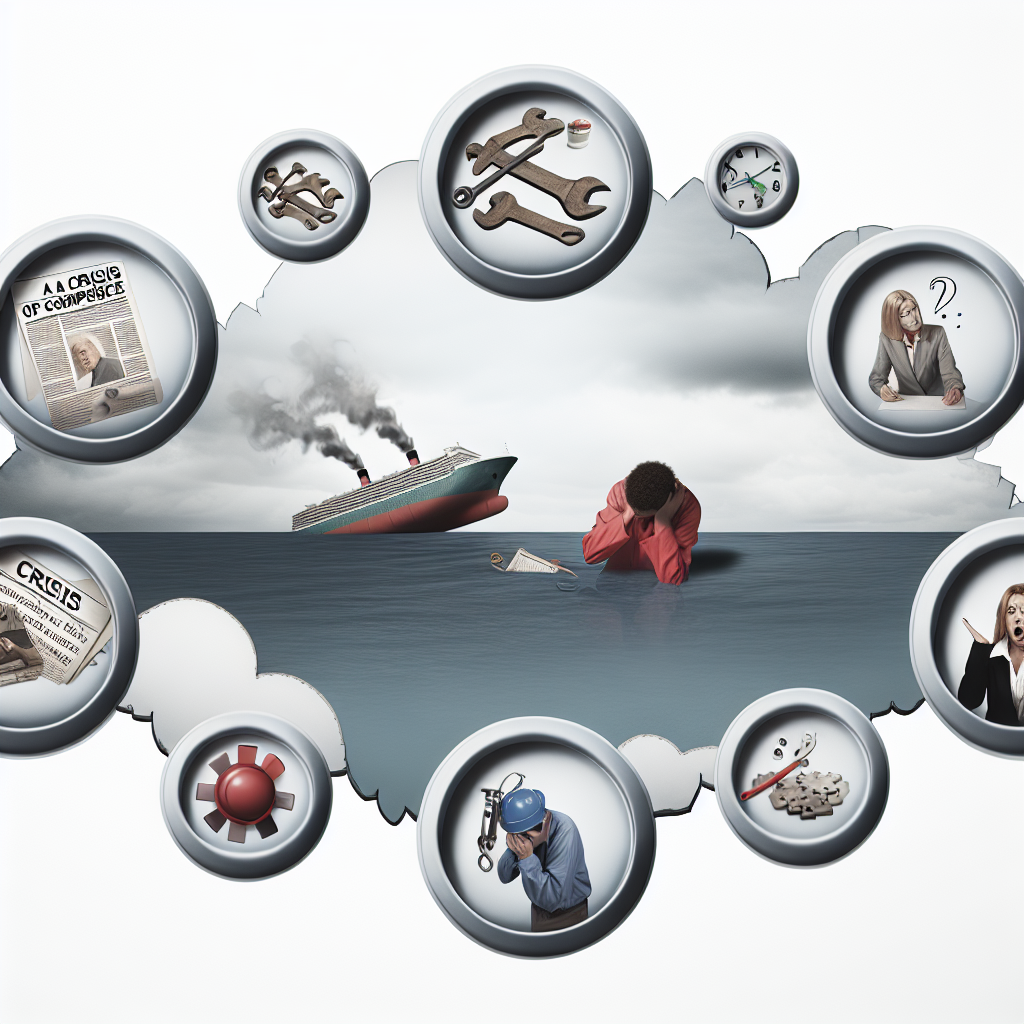By Charles Hugh Smith, The Daily Reckoning, 2024-06-10
This post Our Crisis of Competence appeared first on Daily Reckoning.
Money being scarce saves us from many pernicious forms of mischief, and having too much money/credit leads to catastrophe. This is of course the exact opposite of the conventional belief that having lots of money makes life not just easier but expansive and, well, as perfect as human life can be.
On the scale of nation-states, having too much money/credit leads to the catastrophe of wars of choice, as having a couple million silver ducats to play with opens the door to imperial temptations, for example, assembling a great fleet of warships and sending this Armada to conquer troublesome England.
I just finished reading what is likely the definitive account of the Spanish Armada: Armada: The Spanish Enterprise and England's Deliverance in 1588.
Too Much Money Leads to Recklessness
It also let them conquer Portugal and its island possessions, defend the empire's far-flung holdings in the Caribbean and the Philippines as well as entertain a variety of other costly imperial schemes.
These range from a proposed invasion of a chunk of China (Philip II wisely passed on this request) to establishing a fort to defend the freezing, windswept Straits of Magellan from interlopers seeking to plunder Spanish holdings in the Pacific. (This project rather predictably ended in disaster and was abandoned after squandering treasure and lives.)
Sending an invasion fleet to conquer England was a two-fer for Philip: a holy war to return Protestant England to the Catholic faith, and a means to root out the piracy of English privateers at the source.
Without the millions of silver ducats jingling in his pockets, Philip would not have been able to pursue yet another costly military adventure.
Updating the dynamic of too much money/credit leads to catastrophe, had the U.S. lacked the ability to borrow a couple of trillion dollars to fund US wars of choice in IRQ and AFG, those wars would have remained pipe dreams of the neoconservatives bent on a secular version of a “holy war” to impose “our way of life” on other nations (never mind nobody else could afford such extravagance).
The Evils of Excess
In the private sector, we might glance at META‘s disastrous squandering of billions of dollars on a quixotic race to scoop up the mythical treasures of virtual reality, a quest that would have bankrupted a company with a smaller pile of ducats awaiting the misadventures of the leadership.
All of which leads us to the present, and America's catastrophic splurging with the nation's credit card, a card with no upper limit, or so it seems, until it's too late and the interest payments ruin the party.
Scarcities of resources, time and cash force innovation, experimentation, discipline, accountability, deferred gratification and resourcefulness because these are the only affordable problem-solving tools available.
In contrast, an abundance of ducats and credit encourages the sins of procrastination/avoidance of hard choices, narrative control as a substitute for actual problem-solving, loss of accountability, delusions of grandeur, the destruction of discipline and the normalization of corruption.
The Best Thing That Could Happen to America?
The best thing that could happen to America would be the destruction of its credit card and a deep, prolonged recession that emptied the punch bowl of phantom bubble wealth and the illusion of endless credit.
Once the ducats and credit disappeared, then we'd finally be forced to start actually solving problems rather than papering them over by borrowing and squandering additional trillions.
Once seated at the banquet of consequences, we'd be forced to surrender the delusion that narrative control accomplishes anything other than putting off the inevitable reckoning.
Could too much money/credit actually be part of the crisis in competence we're seeing these days? It might sound like a strange question, but hear me out.
Why Can't Anything Get Done?
Relatively straightforward infrastructure projects now face years or even a decade of delays/zero real-world progress. I can name several projects in my county where the environmental impact studies and various governmental reports have consumed six years, during which the harbor remains closed, the roads are unpaved gravel, the park is closed and the bridge is awaiting repairs.
When the public rightly complains of years of inaction and foot-dragging, local officials throw up their hands in frustration as all the necessary approvals and funding must wind their way through the impenetrable thickets of state and federal agencies, a leisurely process over which they have no control.
As for the private sector, I've often detailed the immense, systemic decline in the quality of everything from the ingredients in packaged food to “stainless steel,” as well as the equally immense burden of unpaid “shadow work” demanded of us all just to manage the complexity thickets generated by “progress.”
No wonder Cory Doctorow's descriptive ens**ttification is the “word of the year.” More accurately, it's the word of the decade or the entire era.
Can we dredge up the wherewithal to be honest for a change and admit that “can do” has decayed to “can't do,” as everyone expresses their powerlessness to move anything along with any awareness that time and money are limited?
We've reached a state of sclerosis in which near-zero actual progress is deemed not just acceptable but “the best we can do” for a variety of reasons.
Process Over Results
Of course it's not all about the problems that spring from having too much money. One reason is the supremacy of process over results. The system incentivizes and rewards following process, no matter how senseless, inefficient or wasteful that process has become.
Those who have mastered narrative control (i.e. “Look how wonderfully we're following procedures”) and avoidance of accountability for actual results are advanced, and those who chafe at the rank insensibility of overregulation and processes that prioritize stakeholders' input to the point that nothing gets done are sent to bureaucratic Siberia or quit in disgust.
In this way, the system self-reinforces its most crippling weaknesses. One example is addressed in the article “Departing House Members Ask: ‘Why Am I Here?'” A wave of retirees from both parties, including committee chairs and rising stars, say that serving in Congress is no longer worth the frustration.
A great many things are no longer worth the frustration, and an even greater number of things are no longer worth the price being demanded. Once upon a time, before globalization (aka arbitraging lower labor costs and lower quality to increase profits) and financialization (aka the rich get richer by doing nothing) rose to domination, every product cycle delivered improved durability and utility.
Now every product cycle delivers reduced durability and less utility, though this is obscured by a flood of “features” that degrade our experience.
Competence has been reduced to 1) increasing profits this quarter; 2) narrative control/social media visibility and 3) following process.
If this is what passes for competence while we cheerlead “the Roaring '20s,” then our delusion has reached what looks like a permanently high plateau.
Like what you've read? Go here for more.
The post Our Crisis of Competence appeared first on Daily Reckoning.








